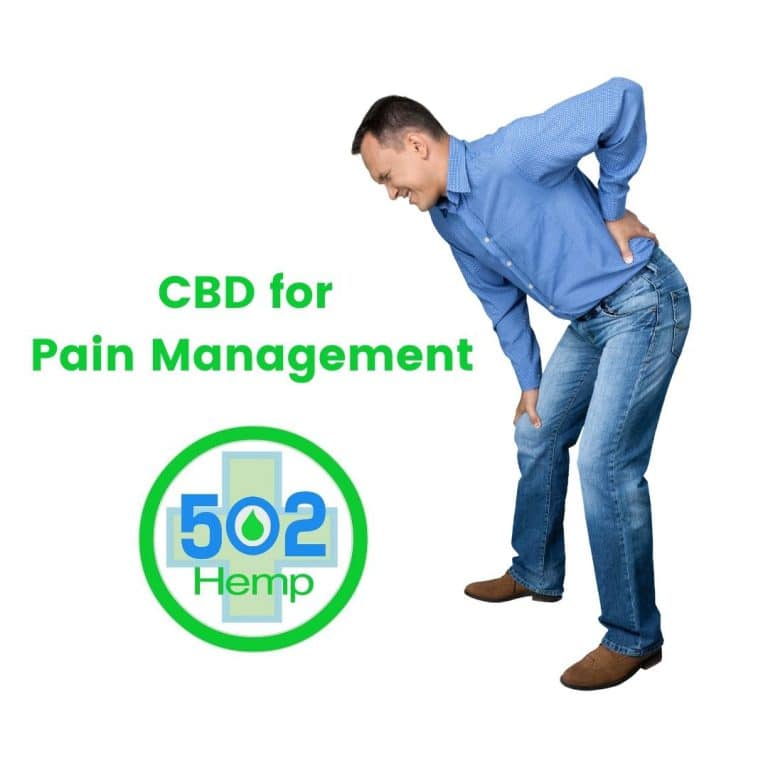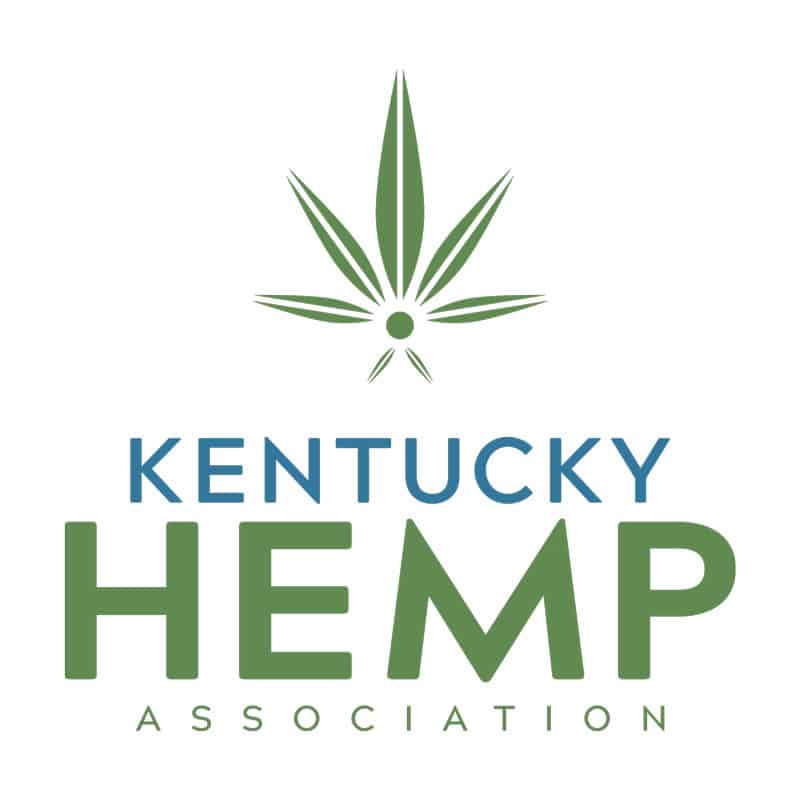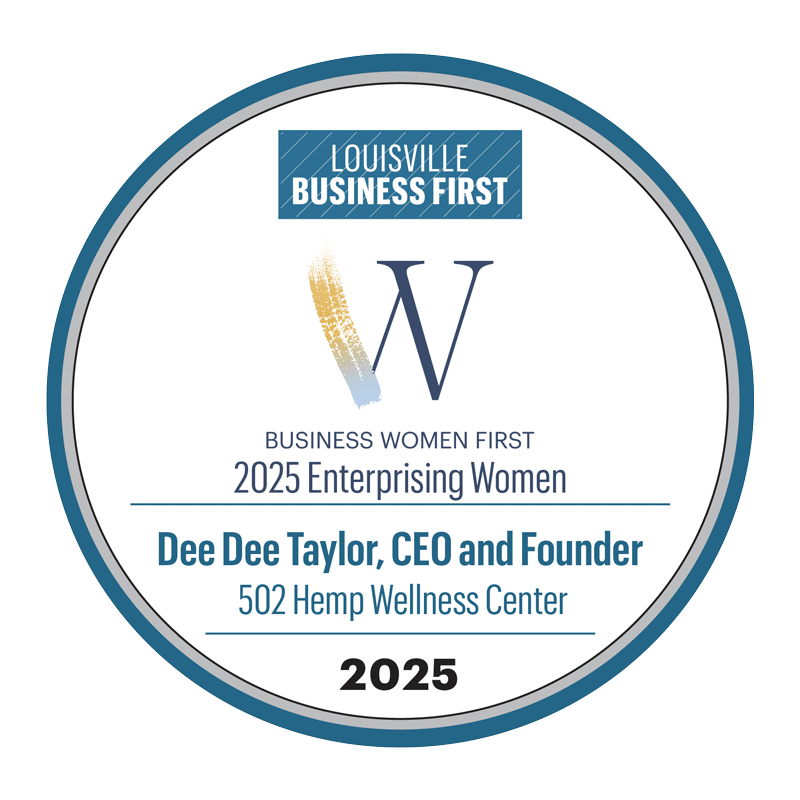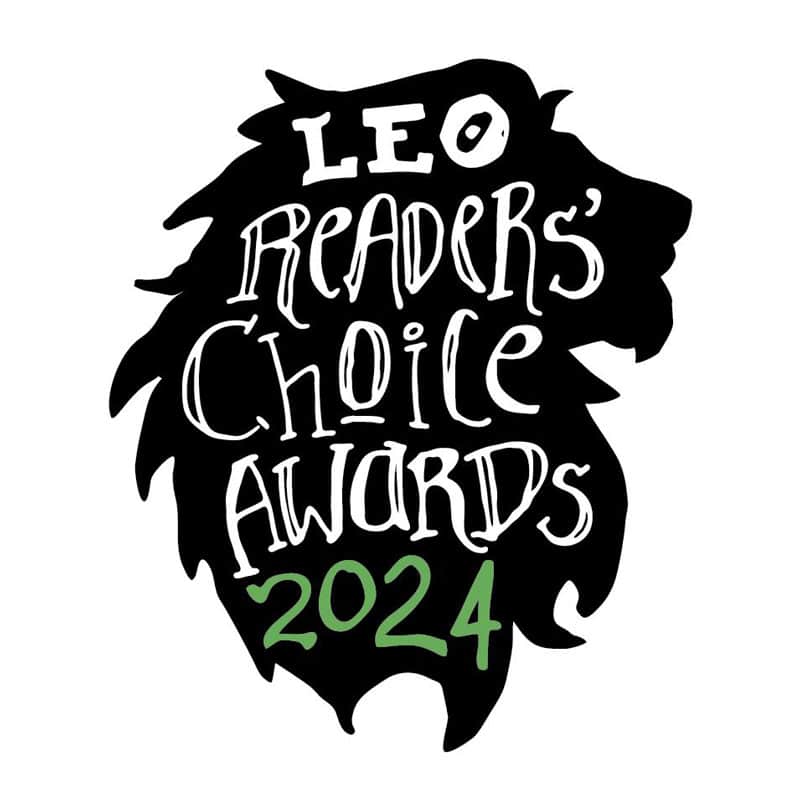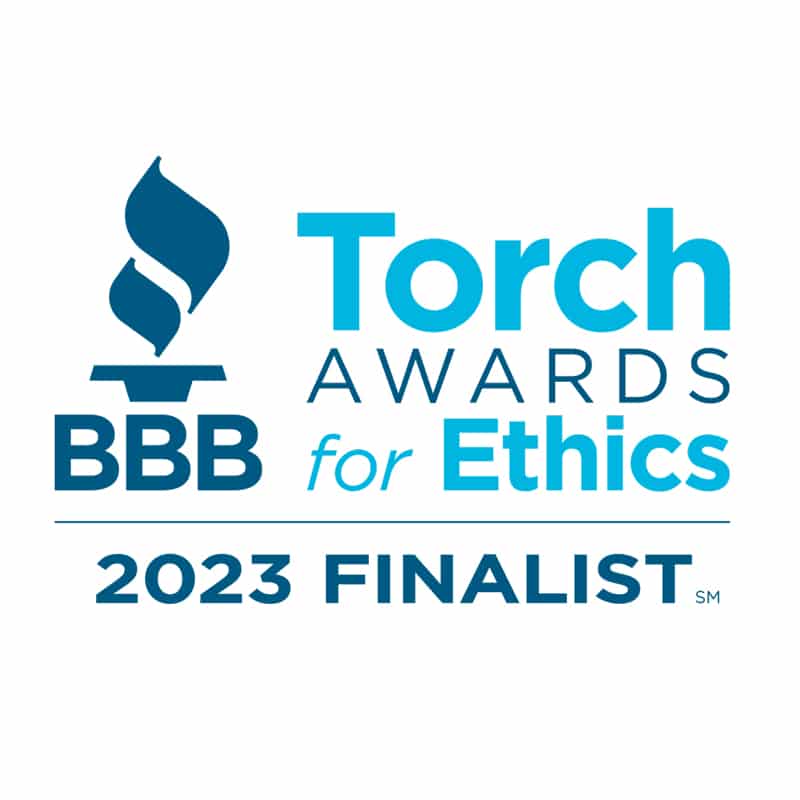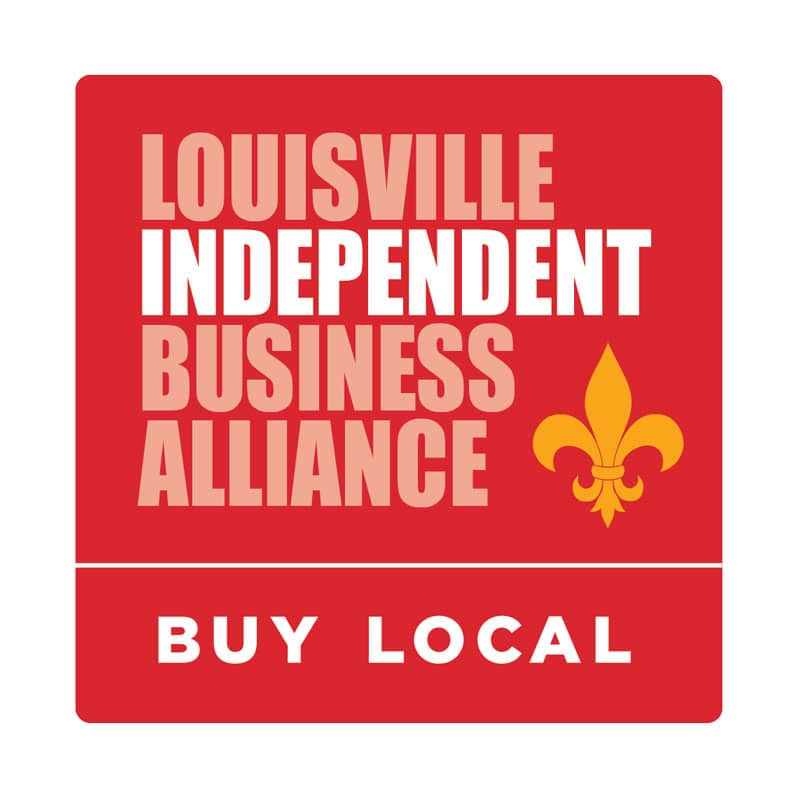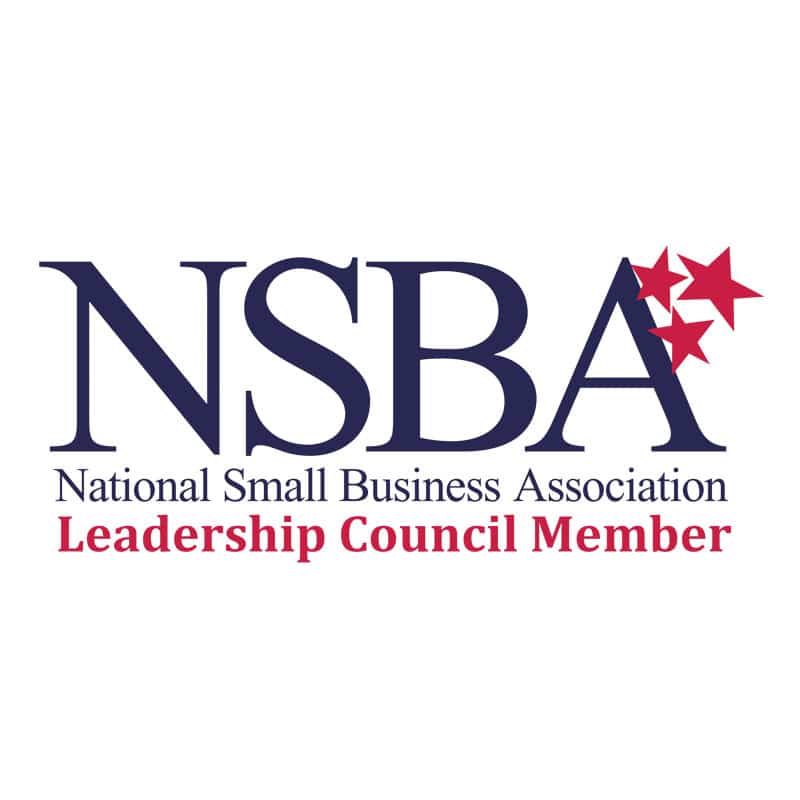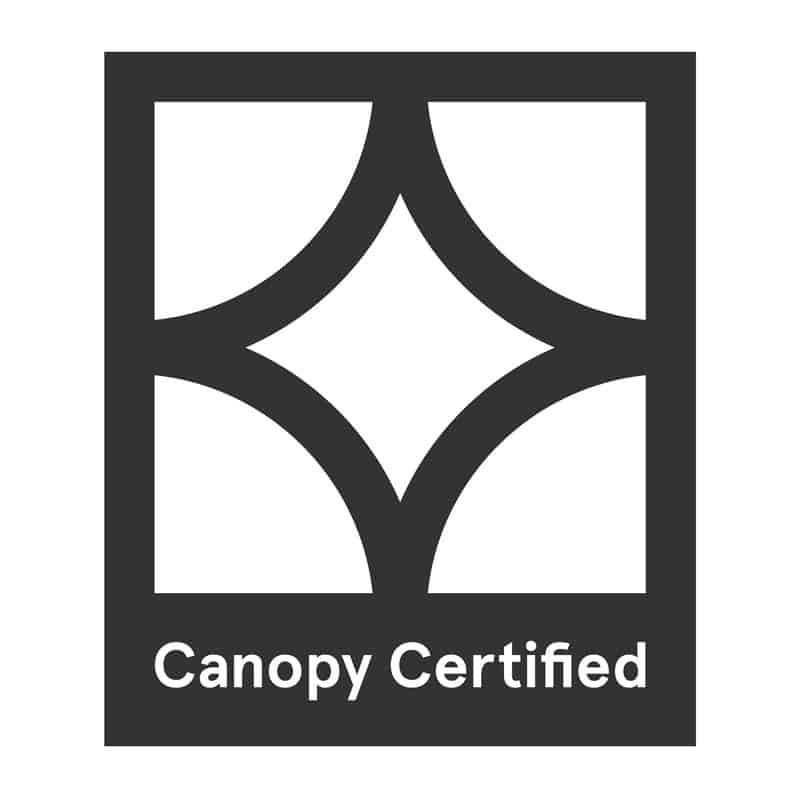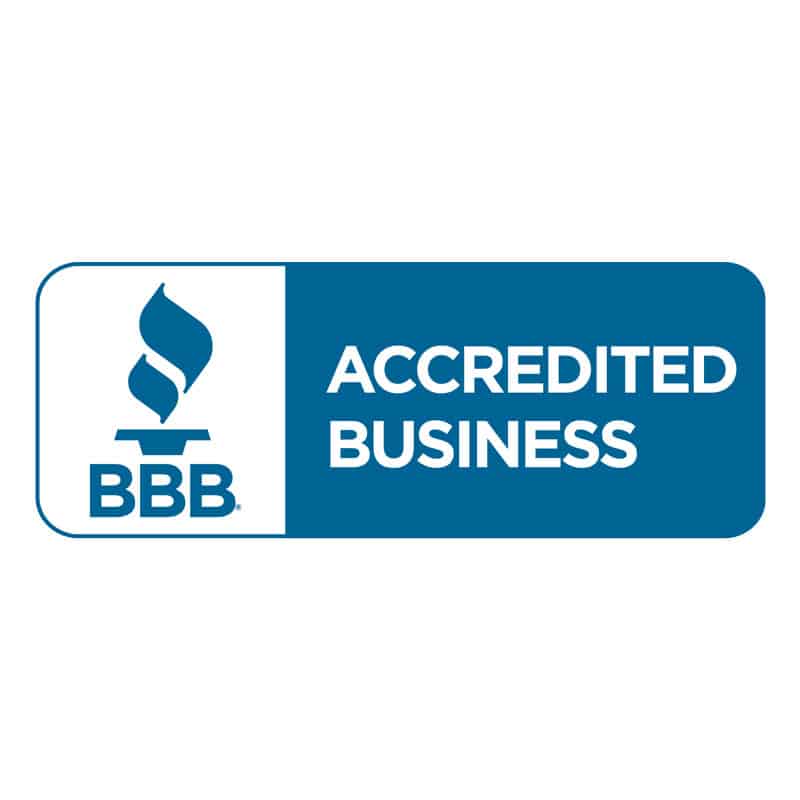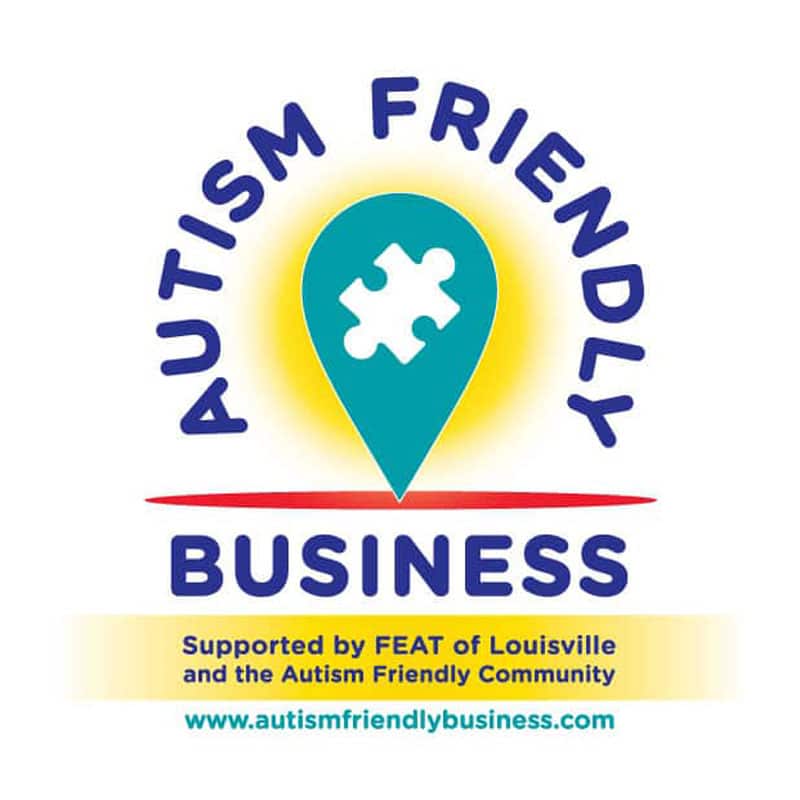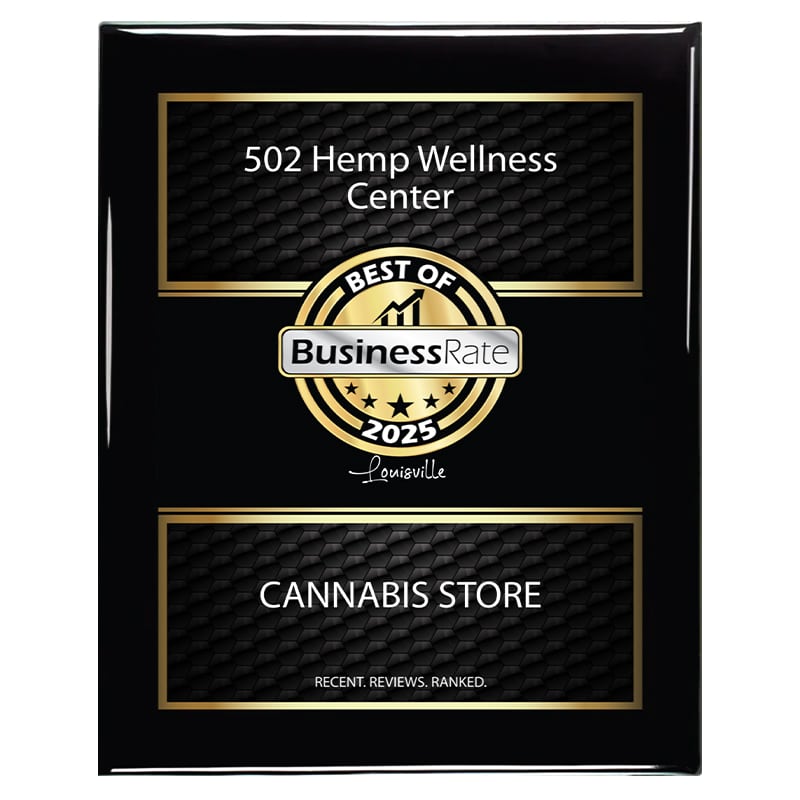At times, the term “wild west” has been referred to as the CBD industry standards. It’s actually not true. Certainly, there are questionable products and companies making claims. However, there are CBD industry standards to help keep you safe. Additionally, there are organizations to help educate and elevate those standards. Being a CBD consumer, knowing what those standards are is crucial for education and advocacy of hemp and CBD. We break it down in simple, yet powerful terms.
Setting the Bar in CBD Industry Standards
-
Not wide open
- There is are federal and state laws concerning hemp crop licenses, hemp production, and THC levels. Hemp farmers and CBD companies are responsible for paperwork, reports, and maintaining these laws.
- The FDA does regulate CBD and Hemp companies. As well, individual states create their own governing bodies over hemp production. Learn more about your state in CBD by State.
- CBD companies are required to not make medical claims. FDA does regulate this and will enforce this with noncompliant CBD companies.
- Hemp organizations like the Hemp Industries Association exist not only to promote hemp but to educate. Organizations like these help to set and expand standards for CBD.
-
Consumer expectations
- Third-party testing is becoming a consumer expectation, especially with CBD and hemp products. This is a CBD industry standard and a company should have it readily available.
- Clear product labeling. It’s important to know your terms with CBD to understand what’s on the label. When you know how a CBD product is labeled properly, your purchases and expectations set that standard.
-
Valid Science of Hemp
- CBD does have a scientific base. We do know that our bodies have Endocannabinoid Systems (ECS). Plus, there are over one hundred known cannabinoids in the hemp plant that works with our ECS. This knowledge base is continuously growing. CBD is not a shot in the dark. It has actual science behind it.
- In the US alone, the number of clinical studies continues to grow with CBD and hemp. Certain states authorize farmers and higher education to study hemp and it’s potential uses.
CBD industry standards do exist. A great familiar example of how CBD standards work is supplements. A common immune-boosting vitamin is Vitamin C. Companies that produce vitamin C supplements cannot make claims according to the FDA. It is crucial you know what’s in it and how it works with your body. Vitamin C or ascorbic acid may not be ideal for some who deal with heartburn. Supplement companies can opt for a USDA seal to meet a certain standard as well. Supplement companies must be FDA compliant, cannot make claims, have organizations to help with standards, and consumer education/expectations are immensely important.
502 Hemp not only meets industry standards, but we also strive to exceed them. Easily find our Certificates of Analysis in-store and online. We do not make claims; however, we freely educate our customers and community on CBD and how it could impact you. Our products are made from organic industrial hemp and all-natural ingredients. 502 Hemp staff is a part of our standard of quality. Knowledgeable about our products and how they work, our staff works with you to guide you through CBD. Get out of the wild west and find CBD that has standards.

